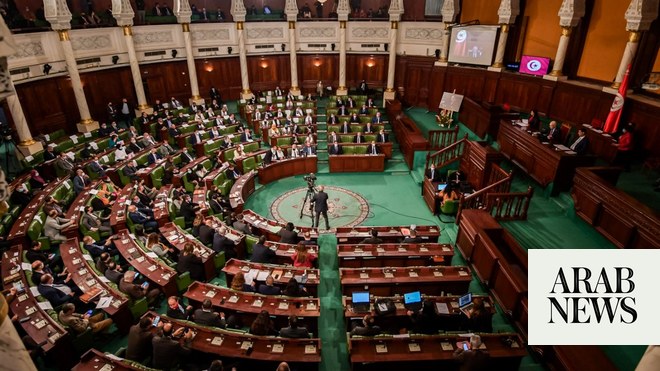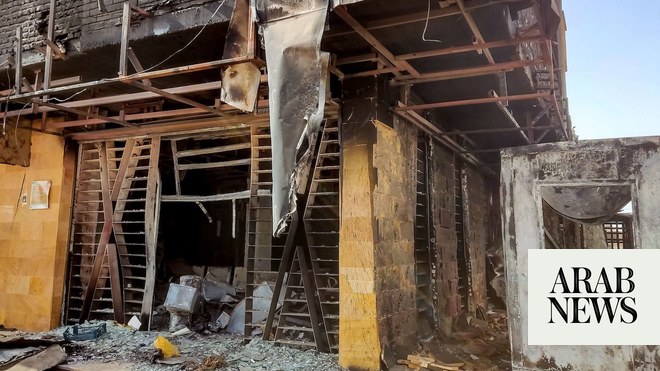
For the first time since the Tunisian Revolution, only state media were allowed to attend the election of the new speaker
LONDON: Media watchdog Committee to Protect Journalists condemned Tunisian authorities for barring independent and foreign journalists from attending the opening session of the parliament.
CPJ called the move an attack on media freedom, adding that officials should allow for fair coverage of the event.
“Barring journalists from covering the opening session of Tunisia’s new parliament is President Kais Saied’s latest attempt to censor the news and crack down on press freedom,” said CPJ Middle East and North Africa Program Coordinator Sherif Mansour.
“Tunisian authorities must allow all members of the press to cover historic events without harassment or favoritism.”
On Monday, lawmakers announced that only state television and radio and the state news agency would be able to cover the session, the first since the parliament’s dissolution in July 2021.
According to the statement, the decision was made to avoid “disorder” and to curb the dissemination of an “inappropriate image” of the parliament.
Journalists protested against their exclusion from the parliamentary session, gathering at the entrance of the parliament and chanting: “Lawmakers it is a shame. The press is under siege.”
Amira Mohamed, vice president of the Journalists Syndicate, said: “It is a scandal and a serious violation of press freedom. It harms the image of Tunisia and attacks the citizen"s right to a free and pluralistic media.”
It is the first time since the deposition of the late dictator Zine El Abidine Ben Ali in 201 that press was prevented from accessing the parliament.
During the session, the Tunisian legislative body elected Ibrahim Bouderbala, a staunch supporter of Saied, as its speaker.
Since his election in 2019, Saied, former president of the Tunisian Association of Constitutional Law, has been at the center of numerous criticisms for introducing policies aimed at consolidating powers.











